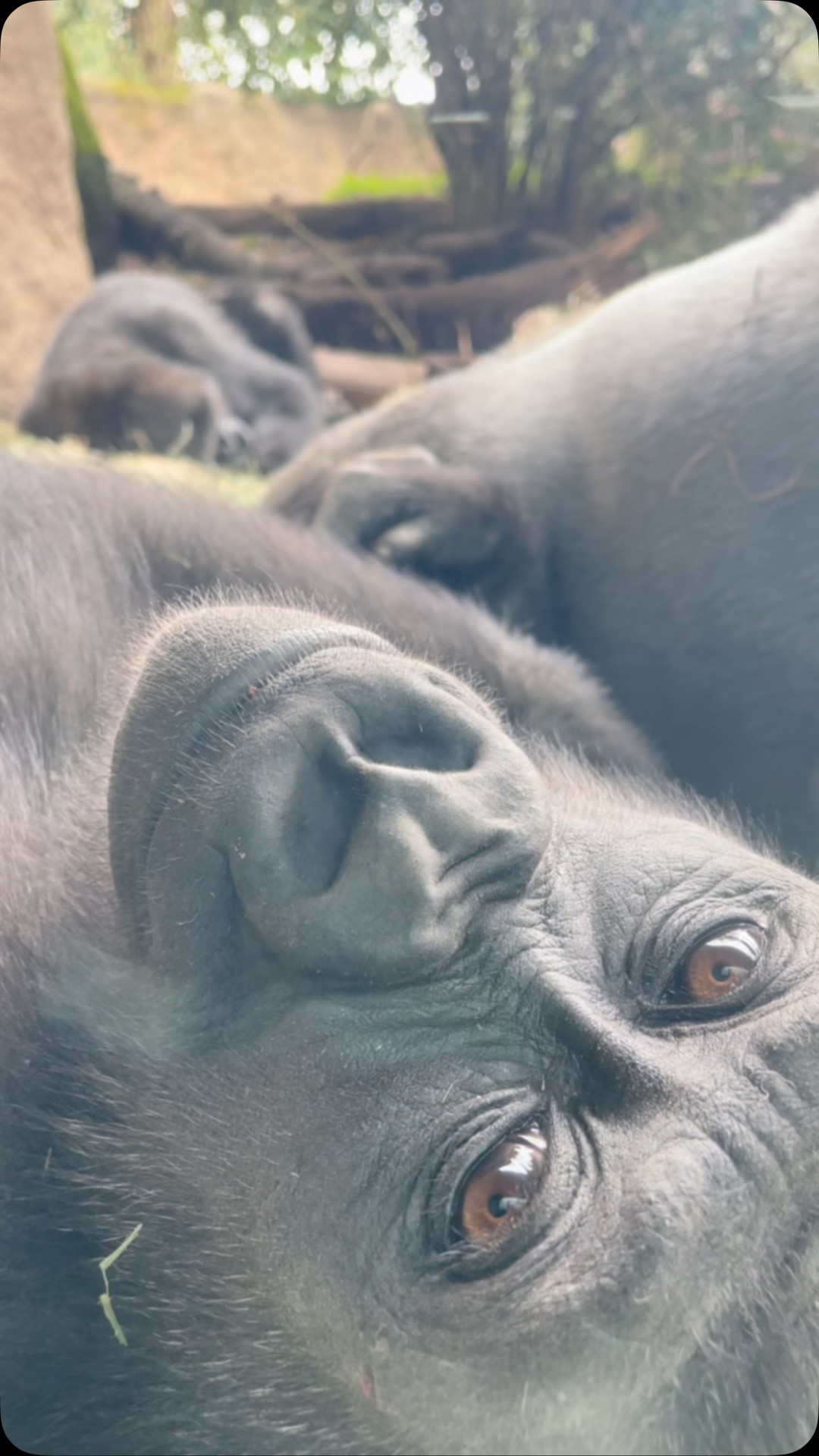- Understanding the role of zoologists and zoo management in wildlife conservation.
- The integration of social media in enhancing public awareness of wildlife conservation efforts.
- Zoological institutions as vital hubs for species conservation and public education.
- The importance of environmental stewardship in preserving biodiversity.
- Technological advancements in conservation efforts and zoological research.
Zoologists and zoo management professionals play a critical role in the intricate ecosystem of wildlife conservation. These experts combine scientific research, habitat preservation, and public education to support the survival of endangered species. Their work involves meticulous planning and the implementation of breeding programs designed to maintain genetic diversity. Furthermore, they strive to replicate natural habitats for animals in captivity to promote both physical and psychological well-being.
Zoo management aligns closely with wildlife conservation goals by engaging the public through education initiatives. These institutions educate visitors about the numerous species under their care, emphasizing the importance of biodiversity and the threats that modern activities pose to animal populations. By facilitating interactive experiences and informative exhibits, zoos cultivate an appreciation for wildlife and inspire conservation actions among diverse audiences.
Social media platforms have emerged as powerful tools for expanding the reach of conservation messages. Posts, videos, and live streams engage broad audiences, educating them about the significance of conservation efforts. Using Instagram or similar channels, zoo management teams can share real-time updates of their conservation activities, offering the public a window into their daily operations. This direct connection with audiences fosters support and advocacy, critical components in the fight against species extinction.
Zoological institutions serve as vital resources in the conservation of endangered species. By participating in global conservation programs, zoos conduct essential research on breeding patterns, genetics, and veterinary care, contributing to a comprehensive database of knowledge. These efforts often involve partnerships with academia and other conservation organizations, which leverage varied expertise to devise effective conservation strategies.
Contributing to the education of future generations on the importance of biodiversity and ecosystem health is a fundamental aspect of these institutions. Many zoos host educational programs, workshops, and school visits, which highlight the importance of sustaining ecological balance. They play an instrumental role in fostering environmental stewardship, advocating for responsible consumption, and promoting sustainable practices.
Technological advancements in zoology have significantly enhanced research capabilities and conservation outcomes. Tools such as GPS tracking, drone surveillance, and genetic testing provide unprecedented insights into animal behavior, habitat use, and health. These innovations allow zoologists and conservationists to monitor wildlife populations accurately and implement timely interventions when necessary. Furthermore, virtual reality and augmented reality offer innovative ways to educate the public about animals’ natural habitats, far beyond geographical constraints.
Lastly, environmental stewardship is central to sustaining the planet’s rich biodiversity. Each individual and community plays an active role in conserving ecosystems. By supporting zoos and their conservation missions, and applying sustainable practices in everyday life, individuals contribute to the broader conservation objectives. Maintaining biodiversity ensures that ecosystems continue to function and provide essential services, from clean air and water to pollination and climate regulation.
Through an integrated approach involving research, education, and technology, zoologists and zoo management continue to advance their mission of wildlife conservation. Their multifaceted efforts help foster a deeper understanding and appreciation of the natural world, driving collective action towards biodiversity preservation.
*****
Source Description
It’s Monday morning, can you chill with Zuna a bit for us?


